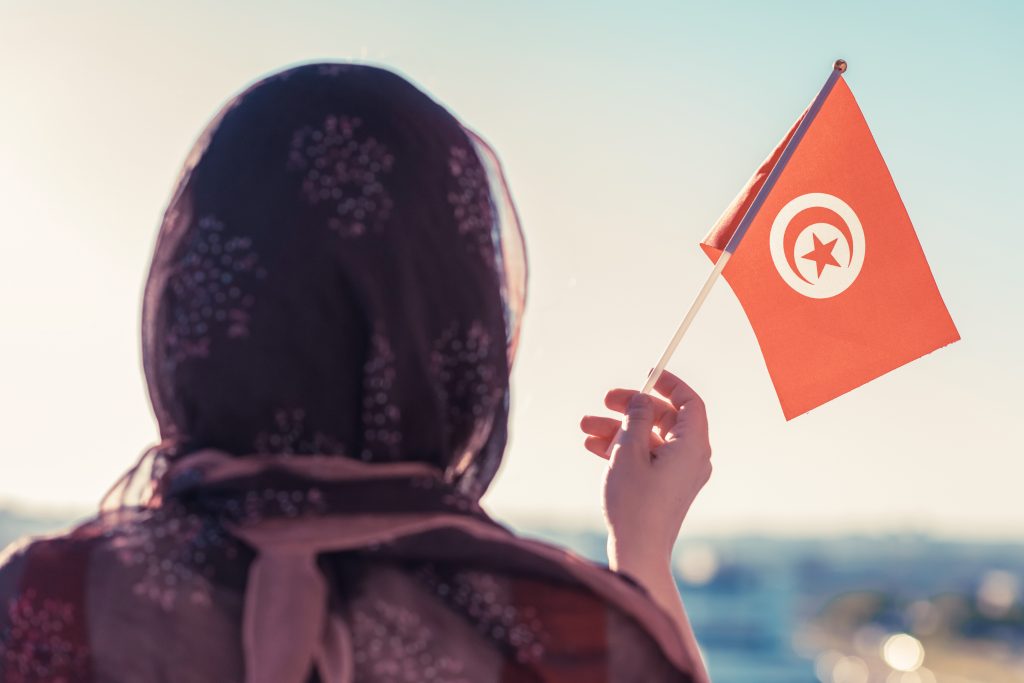
#IpevLive | Listening to Women in the MENA Region Before and After the Arab Spring
The second #IpevLive conversation that took place on May 25, Nadje Al-Ali (Brown University), gender consultant and researcher Ahlem Bousserwel, and independent journalist Sana Farhat discussed gender-based oppression and violence directed towards women.
Gender-based strategies to reduce violence are often regarded as tangential issues that are best addressed after other sociopolitical concerns. But a growing body of evidence identified by scholars on this panel indicates gender-based analysis must instead be placed at the center of efforts to reduce violence in the MENA region, findings which have significant implications for other regions, as well.
Listen to the podcast!
Highlights
The three distinguished panelists agreed on the necessity of moving beyond the narrative that insists on putting gender issues on the margins of supposedly larger discussions about political and social reform in the MENA region. Instead, as Nadje Al-Ali insisted: gender is at the heart of each of the conflicts that on the surface appear to be about other topics. In fact, she noted, the only sustainable way to resolve those conflicts is by centering issues of gender.
Ahlem Bousserwel and Sana Farhat highlighted the importance of changing mentalities in the MENA region in order to tackle violence towards women. Sana Farhat described Tunisia as a democratic country with a constitution that guarantees rights for women, but where unfortunately violence towards women remains widespread, even in the political sphere. According to Ahlem Bousserwel, changing mentalities and building a new culture based on gender equality that could prevent gender-based violence will require a sustained focus on improving public education.
According to Nadje Al-Ali, there’s also a misconception from the West which tends to see a secular country as a democratic country. To her, it is important to realize that women in the MENA region do not need someone from the west to empower them. They can empower themselves and work collectively to achieve progress. The most important role powers outside the region can play, she noted, would be to withdraw support from government regimes that actively oppress women.
Likewise, Ahlem Bousserwel insisted on governments’ responsibilities and the need for women to be heard by decision makers. Sana Farhat noted the important role that journalists must play to illuminate the actual conditions, including rape and violence, that exists into the present day.
Even so, all three panelists agreed on the need to remain hopeful for improvements in women’s rights in the region despite the challenges. They stressed the key role played by the next generation, who are more understanding of the importance of achieving a more gender-equal society.
